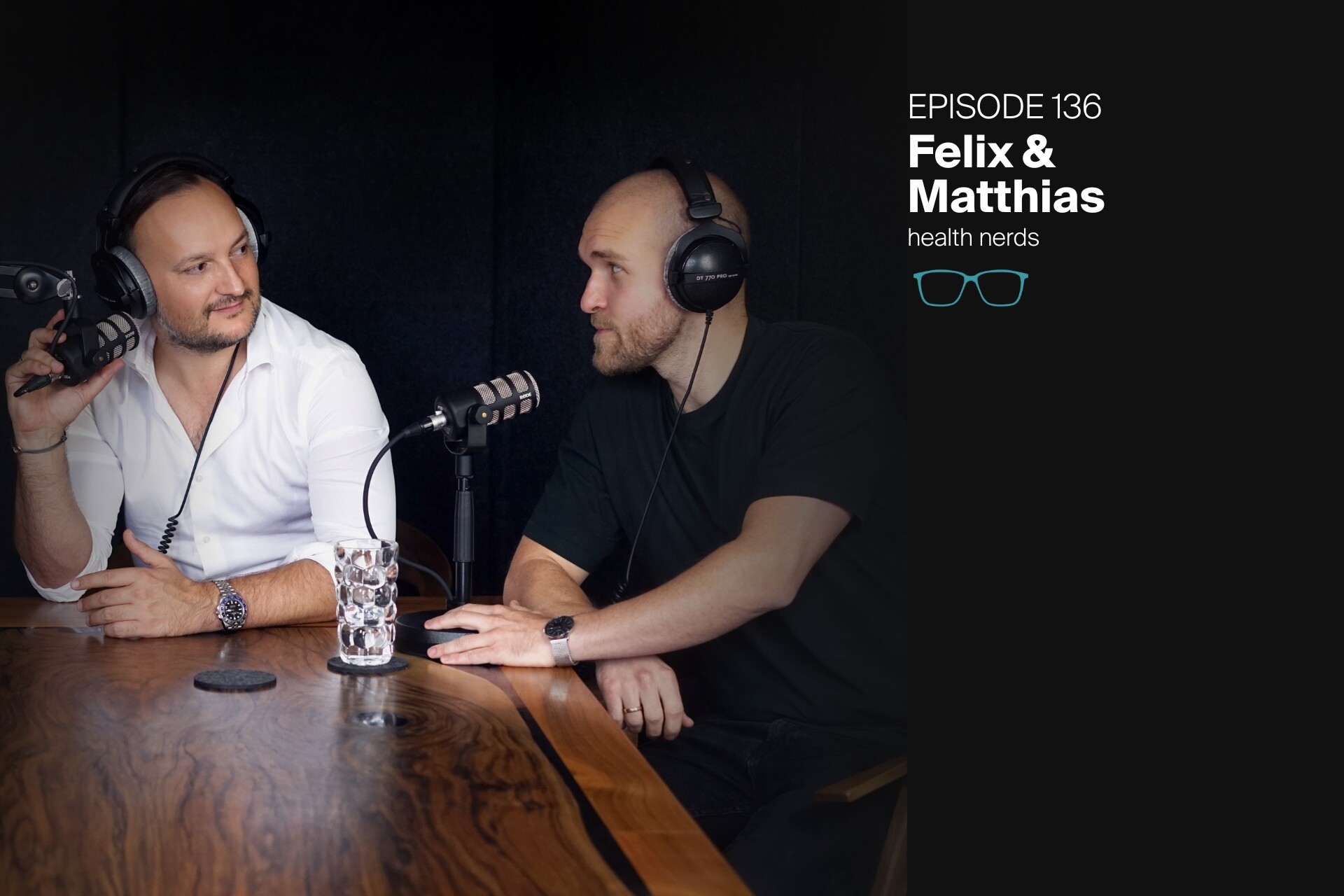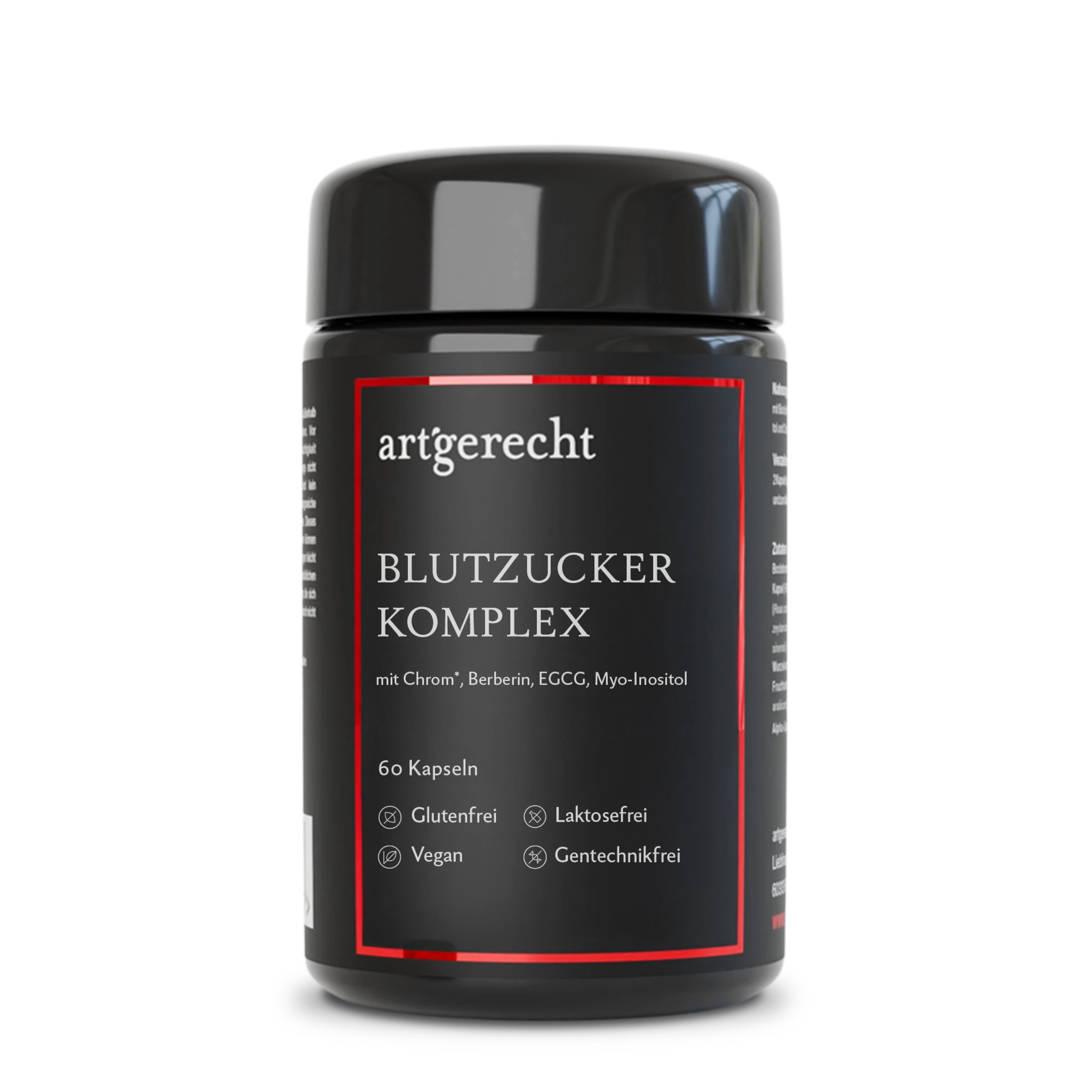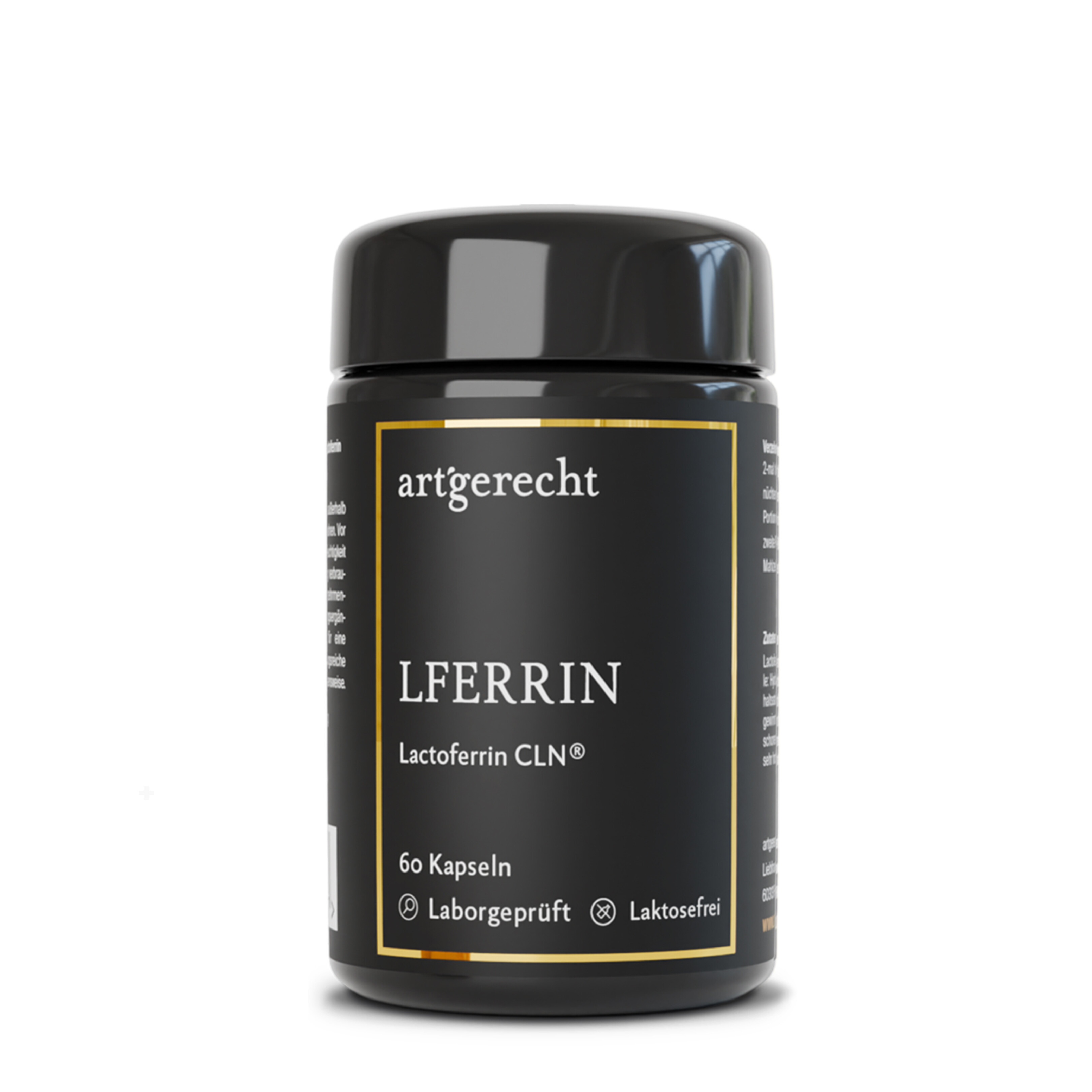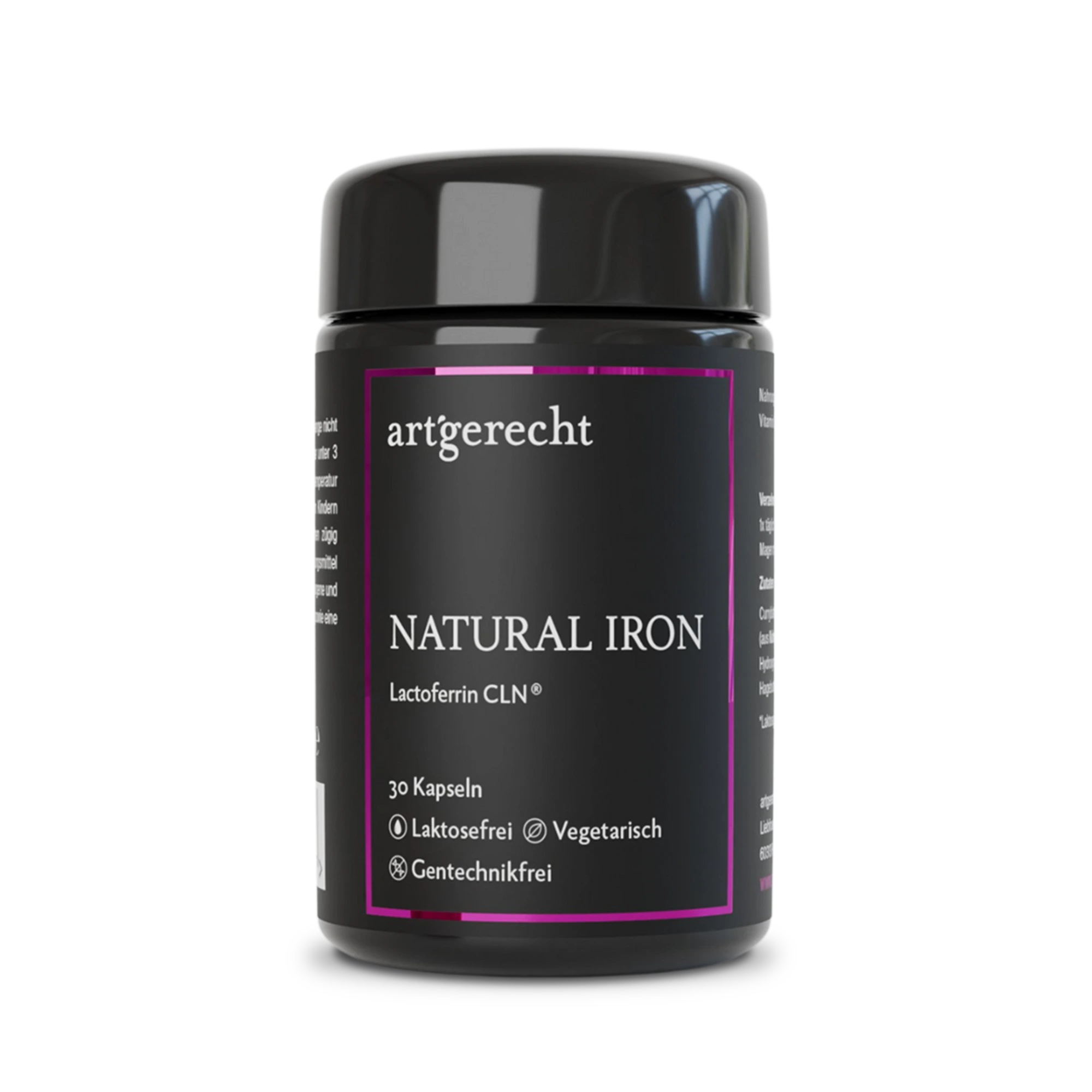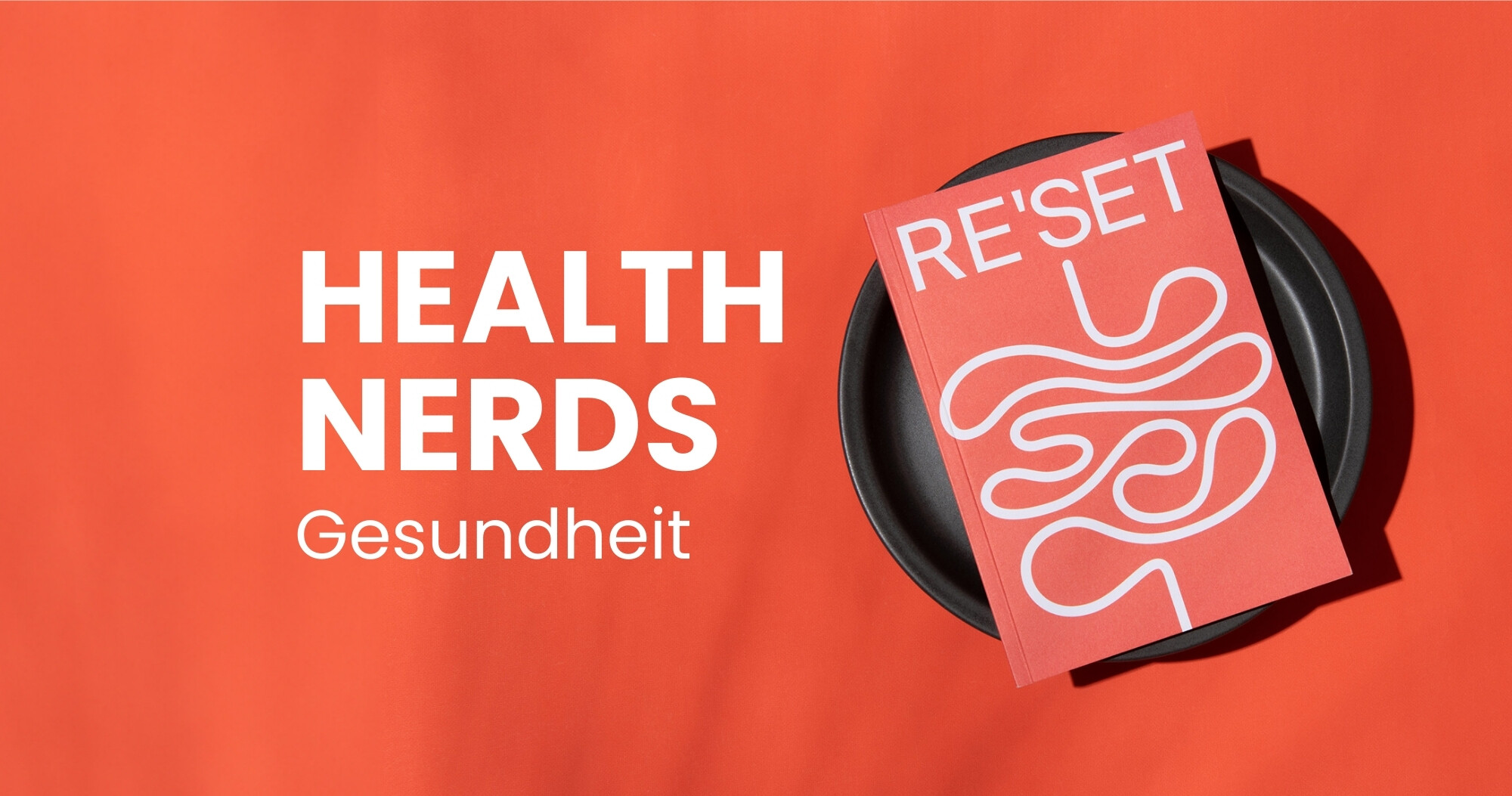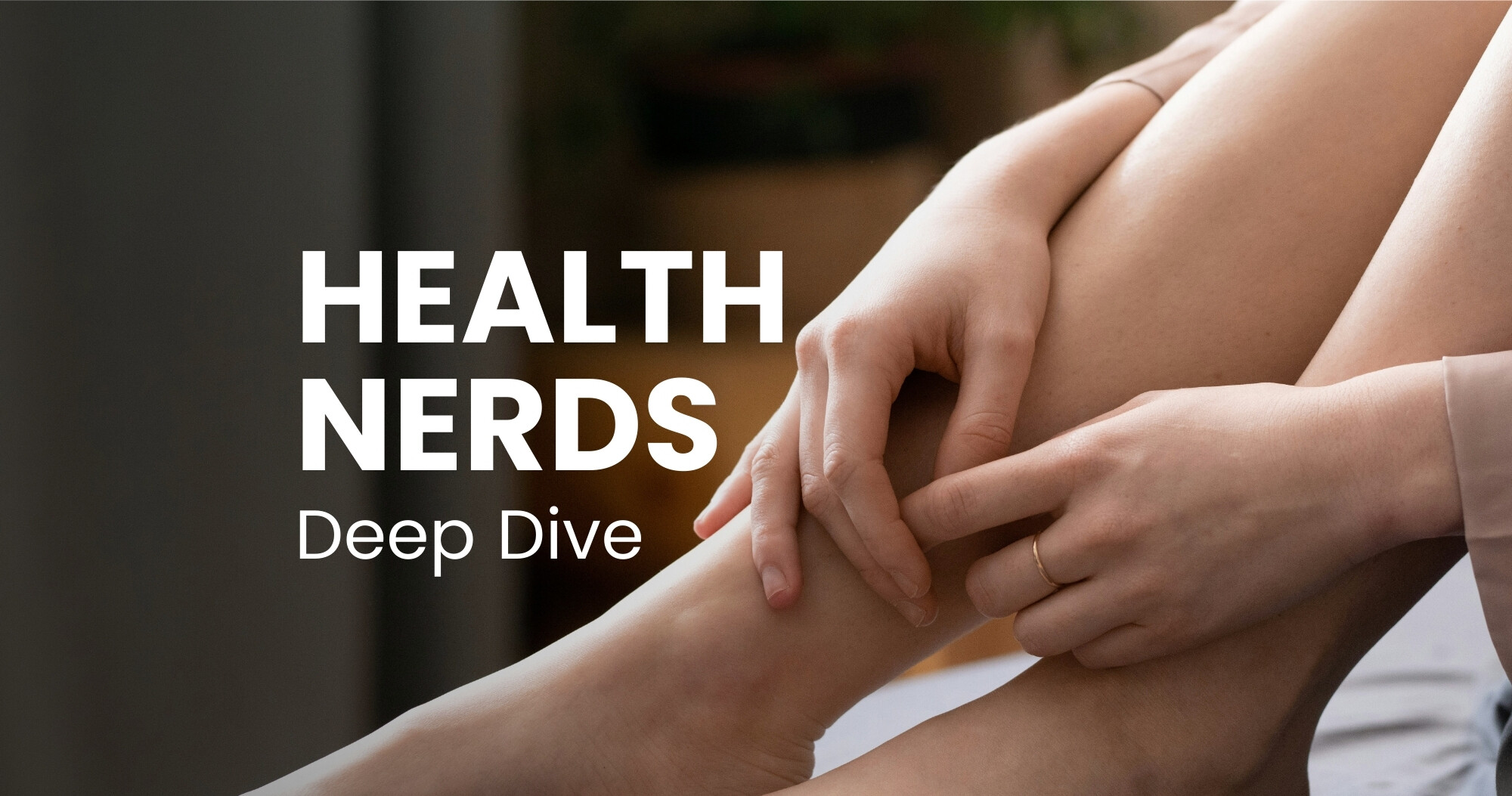health nerds – Der Podcast über artgerechtes Leben
Aspirin, ibuprofen, paracetamol: most of us have painkillers in our medicine cabinets. The manufacturers' promise: they are supposed to help quickly and easily with headaches, back pain, period pains or toothache.
„Many people reach for painkillers too quickly and too often,
says Matthias Baum from the HEALTH NERDS science team. The figures are alarming: in Germany alone, around 2.6 million people have a „problematic drug use“. In the USA, the situation is even more dramatic: the opioid crisis claims around 100,000 lives every year and drives millions of people into addiction to strong painkillers such as fentanyl, tilidine or oxycodone.
However, even „mild”, over-the-counter painkillers have side effects and interfere with the natural processes of our body: „When we have an acute inflammatory situation and reach for medication too quickly, we inhibit the body's ongoing inflammatory response.”
Matthias Baum explains how complex the mechanisms of action of painkillers are and how the medication knows where in the body it should relieve pain. And we explain why painkillers work faster and better if we lie on the right side of our body after taking them.
Would you like to know more about this topic or do you have further questions? Just send us your questions on the topic as a voice message or text message via Instagram! You will then hear the answers from our health experts in the podcast on the following Thursday in the health nerds consultation hour.
just right, health nerds – human, simply explained.
Höre jetzt die neue Episode
Unsere health nerds
Bei unseren Episoden immer dabei: Unser health nerd Matthias. Wir möchten Dir ihn kurz vorstellen.
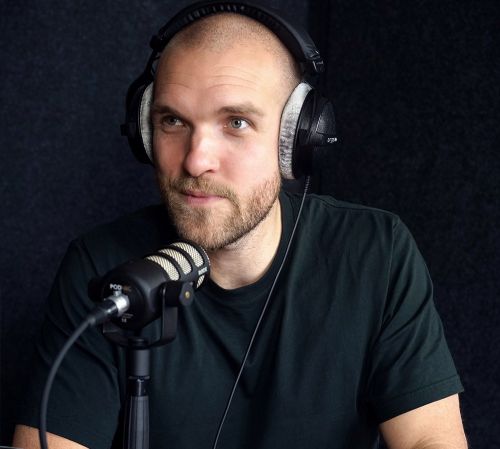
Matthias Baum
Head of Science & Clinical Research. Gesundheitswissenschaftler, Therapeut für klinische Psychoneuroimmunologie, Heilpraktiker, Physiotherapeut, Trainer, Clinical Research Associate.
„Seit mehr als zwölf Jahren bin ich im medizinischen und therapeutischen Umfeld diverser Bereiche tätig: Von Notfallmedizin über Therapie in Kliniken und Praxen, inklusive Prävention und Gesundheitsförderung, bis hin zu Tätigkeiten als Dozent im Gesundheitswesen. Das gibt mir heute einen breiten Blick auf alle notwendigen Ebenen in der Betreuung, Beratung und Behandlung von Patienten für individuelle Gesundheit, Wohlbefinden und einen artgerechten Lebensstil.“

